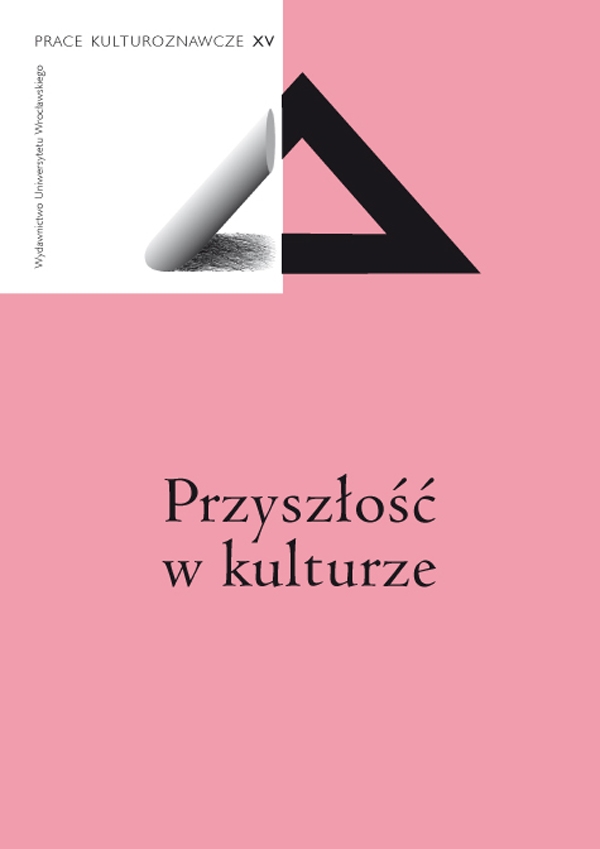

Strony redakcyjne

The future in the past. The eschatological perspective in the early Polish literature
The paper is an attempt to examine the attitude towards the future in early Polish literature. According to Janusz Tazbir, there was scarce interest in the future in old Polish culture. However, I would like to challenge this statement by taking into consideration the eschatological perspective. My point is twofold. First, I present an early Polish visionary account of the hereafter. The story of Piotr Pęgowski described in an anonymous vision in verse attempts to predict future events both in an individual and a universal perspective. In addition, the vision is also an example of the conceptual scheme of the rite of passage described by Arnold van Gennep and Victor Turner. Next, I argue that the literary treatment of the virtue of Prudence phronesis is strongly connected with the future of human existence. In Zbigniew Morsztyn’s epigram as well as in other European emblems of that time Prudence plays an important role in the ethical system, especially as circumspection with regard to future matters.